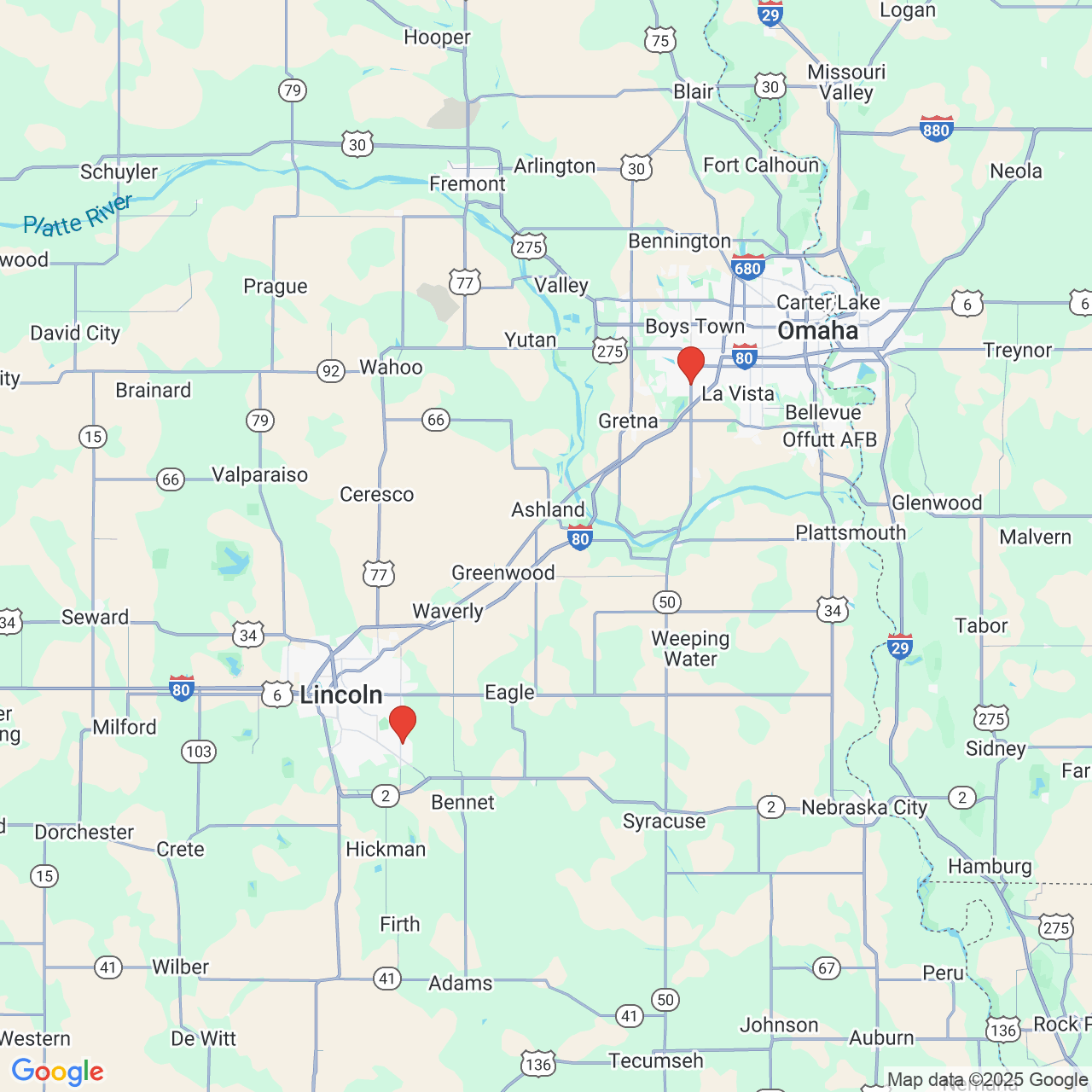Description
The egg donor program at HCRM helps patients struggling with infertility to conceive children using the egg of another female. Our egg donors can help these families in a huge way with a relatively simple process. Donors are kept anonymous and are screened for a variety of medical and genetic conditions.
View transcript
Many women need to use an egg donor because their eggs just aren't not
working anymore. Sometimes that's due to her being of advanced age, older
than 40. Other times women go through what we call premature ovarian
failure, when their menstrual cycles stop and they go through, essentially,
a premature menopause. That can happen in their 20s, their 30s.
Other times women have conceived repeatedly, but had repeated miscarriages,
so we assume that there's some sort of chromosomal problem going on that is
just incompatible with pregnancy, using her own eggs. I think it is deeply
satisfying for some women to know that they donated and to know that they
helped another family have a child. Some egg donors simply want to know
whether they were able to give enough eggs. Other egg donors want to know
if there was a pregnancy. Different women determine the successful donation
in different ways.
A prospective parent wants to come to Heartland for their donor egg IVF
cycle because we have an excellent success rate. They have a 70% chance of
conceiving on the first cycle. Many of these people have been through
repeated cycles that have failed, so to know that their numbers totally
turned around and now they're highly likely to conceive on this cycle is
excellent. They can be assured that we have screened their donor very, very
thoroughly, so we can take all of those worries away. They know that their
donor is young, and healthy, with good egg quality, that she's a good
person, that she's psychologically healthy, that she's been screened
genetically to make sure that she's not a carrier of any of the common
diseases that would complicate pregnancy, or cause problems in the child to
be born.
The recovery time for the donor is really short term, probably a day, two
days. By the time her next menstrual cycle is starting, she's back to
normal as if it had never happened. So it's a fairly easy procedure for a
donor to go through, recognizing that she does give herself injections
twice a day, that she does have a minor surgical procedure, but the
discomforts are fairly minimal, and the reward is great.
I love working with the donors. I love working with these generous young
women who want to help somebody, who want to make life different for
another family. I love working with the recipient couples who come in so
defeated. And when they come back and introduce us to their new baby, it is
an incredible experience. It makes it all worthwhile. Everything they've
gone through is suddenly all worthwhile.




















